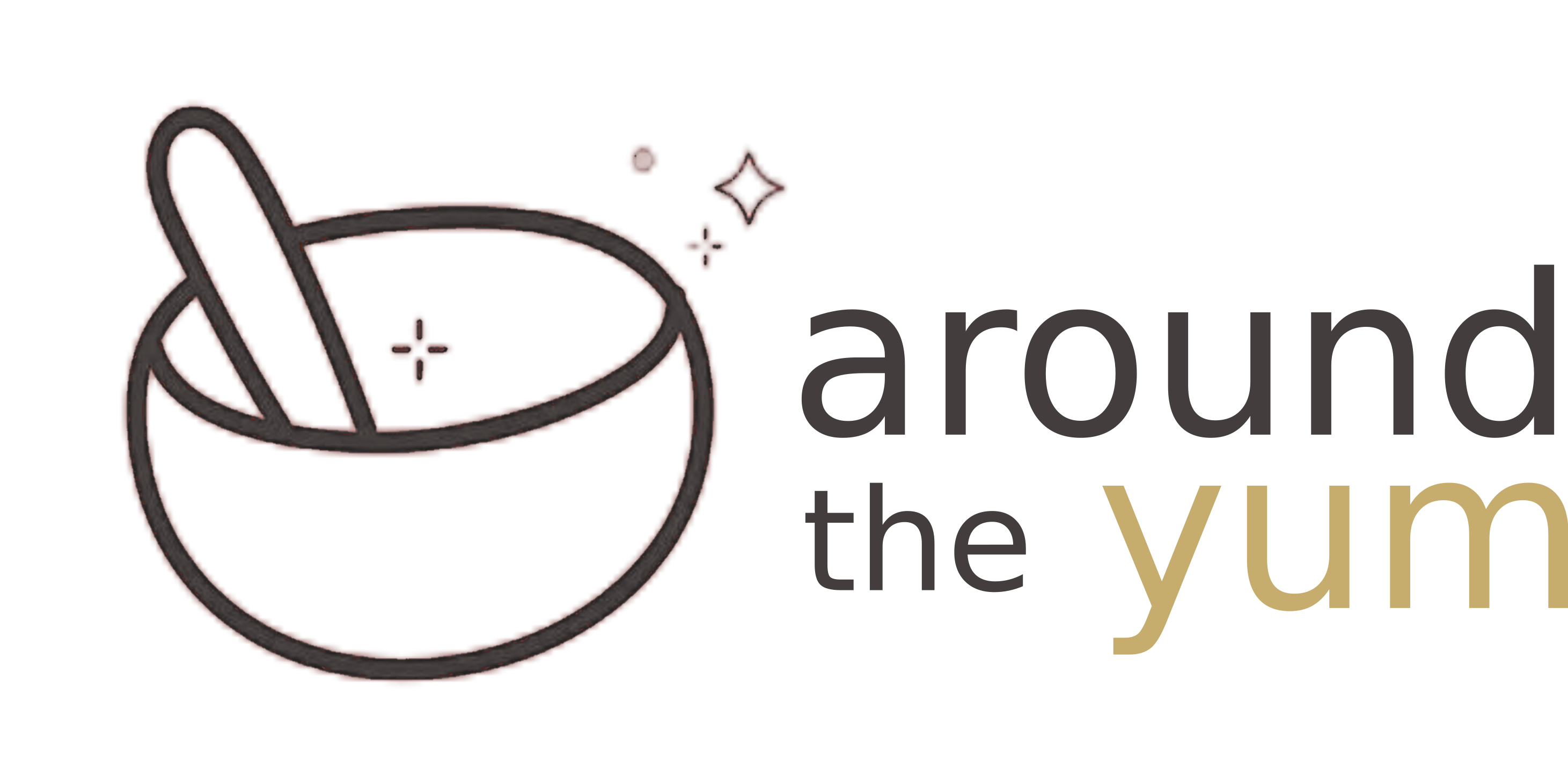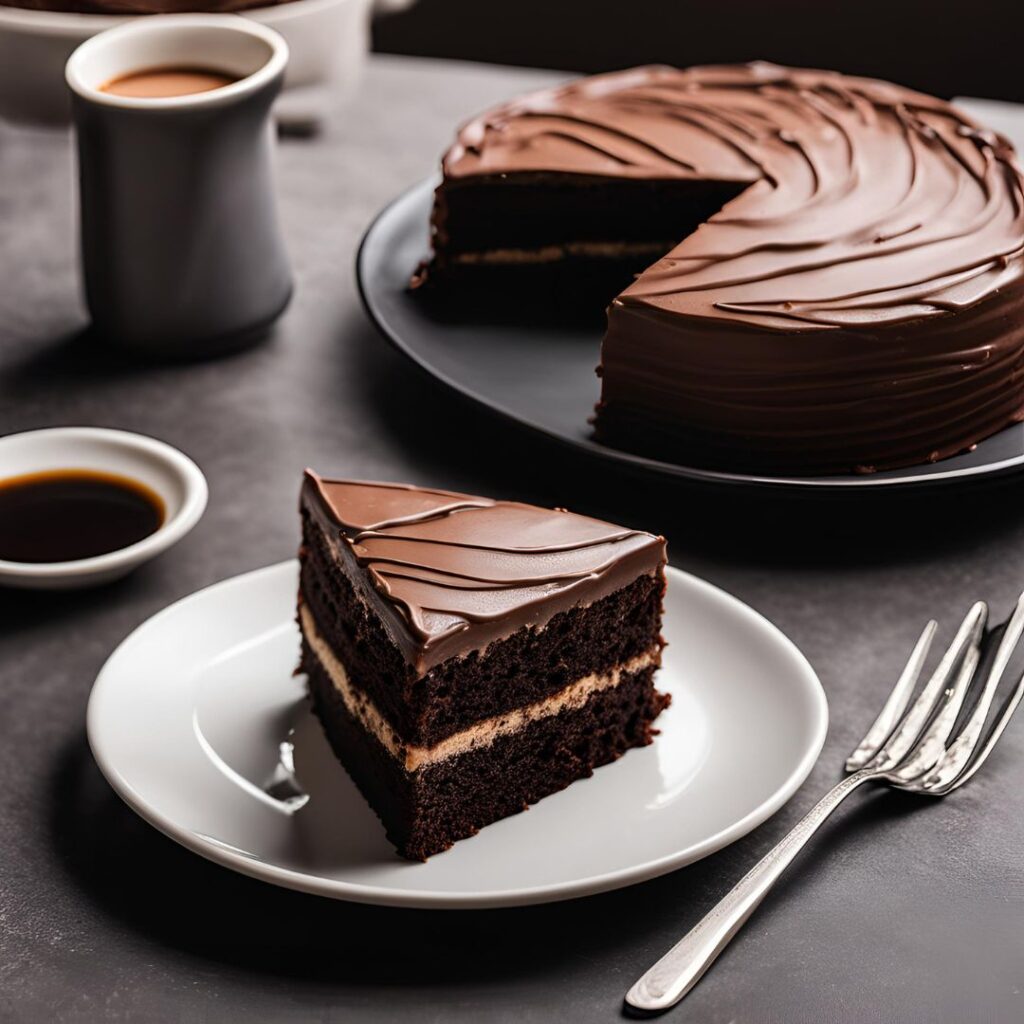

Chocolate Cake Recipe: A Timeless Treat.Chocolate cake is more than just a dessert; it’s an experience that evokes a sense of nostalgia, comfort, and celebration. From birthdays to anniversaries, chocolate cake has earned its place as a staple in our culinary traditions, embodying the rich flavors and textures that make every occasion memorable. The aroma of a freshly baked chocolate cake wafting through the kitchen can stir emotions and trigger memories, making it a beloved treat across generations. This article explores the history, variations, and ultimate recipe for chocolate cake that will elevate your baking game and leave your guests craving more.
The origins of chocolate cake can be traced back to the 18th century, when chocolate was first introduced as a beverage in Europe. Initially, chocolate was used primarily in drinks, enjoyed by the elite and considered a luxury item. However, as techniques for processing cocoa evolved, bakers began experimenting with incorporating chocolate into baked goods.
By the 19th century, chocolate had transitioned from a drink to an ingredient in cakes and pastries. The first published recipe for chocolate cake appeared in an American cookbook in 1847, marking a significant milestone in the history of dessert. As chocolate became more accessible due to advancements in manufacturing, recipes began to flourish, and chocolate cake quickly became a favorite in American households.
Today, chocolate cake comes in numerous forms—each with its own unique flavor and texture profile. From the classic layered chocolate cake frosted with rich buttercream to molten lava cakes that ooze with warm chocolate when cut, the versatility of chocolate cake makes it an enduring favorite for both home bakers and professional chefs alike.
What is it about chocolate cake that captivates our hearts and taste buds? The answer lies in the perfect combination of sweetness, richness, and a hint of bitterness that chocolate offers. Each bite of a well-made chocolate cake is a symphony of flavors that dance across the palate, creating a deliciously satisfying experience.
Chocolate contains compounds called flavonoids, which are known for their antioxidant properties. This not only makes chocolate cake a treat for the senses but also lends it a semblance of health benefits—though one might argue that moderation is key! The psychological effects of chocolate also play a role in its allure. It releases endorphins, the feel-good hormones, which can uplift your mood and create a sense of happiness. This makes chocolate cake not just a dessert but a source of comfort and joy.
One of the wonderful aspects of chocolate cake is its adaptability. Depending on your preferences or dietary needs, there are countless variations to explore:
Classic Chocolate Cake: A rich, moist cake made with unsweetened cocoa powder and often paired with a chocolate buttercream frosting.
Devil's Food Cake: Darker and denser than the classic, this cake uses additional cocoa powder and sometimes features a hint of coffee to deepen the chocolate flavor.
Flourless Chocolate Cake: A dense and fudgy cake that’s made without flour, often featuring just chocolate, eggs, sugar, and butter. It's perfect for those seeking a gluten-free option.
Chocolate Lava Cake: A popular dessert with a gooey, molten center, it’s baked in individual ramekins for a dramatic presentation and a delightful surprise with each bite.
Vegan Chocolate Cake: Made without eggs or dairy, this cake can utilize ingredients like applesauce or flaxseeds as binders, ensuring everyone can enjoy this delectable treat.
Chocolate Cake with Unique Flavors: Creative bakers often add flavors like orange zest, espresso, or even spices like cinnamon and chili to enhance the chocolate and create a unique taste experience.
To achieve the ultimate chocolate cake, a few baking tips can go a long way. Here are some suggestions:
Use Quality Ingredients: The flavor of your chocolate cake largely depends on the quality of the chocolate and cocoa powder you use. Opt for high-quality, unsweetened cocoa powder and chocolate for the best results.
Room Temperature Ingredients: Ensure that your eggs, milk, and butter are at room temperature. This helps create a smooth batter and contributes to a tender cake.
Don’t Overmix: While it’s essential to thoroughly combine the ingredients, overmixing can lead to a dense cake. Mix until just combined for a lighter texture.
Measure Accurately: Baking is a science, and accurate measurements are crucial. Use a kitchen scale if possible to weigh your ingredients for consistent results.
Test for Doneness: Baking times can vary based on your oven and the type of cake pan used. Use a toothpick or cake tester to check for doneness; it should come out clean or with a few moist crumbs.
Cool Completely: Allow the cake layers to cool completely before frosting to avoid melting the frosting and making a mess.
In a world filled with desserts, chocolate cake stands out as a beloved classic that transcends generations and cultures. Its rich history, delightful flavor, and endless variations make it a must-have in any baker’s repertoire. Whether you’re celebrating a special occasion or simply indulging yourself, there’s nothing quite like a slice of homemade chocolate cake to bring joy and satisfaction. So roll up your sleeves, gather your ingredients, and embark on a delightful baking adventure—your taste buds will thank you!
Preheat your oven to 350°F (175°C). Grease and flour two 9-inch round cake pans.
In a large bowl, whisk together the flour, sugar, cocoa powder, baking powder, baking soda, and salt until well combined.
Add the eggs, milk, vegetable oil, and vanilla extract to the dry ingredients. Beat on medium speed for about 2 minutes until smooth.
Carefully stir in the boiling water (the batter will be thin).
Pour the batter evenly into the prepared pans. Bake for 30-35 minutes, or until a toothpick inserted in the center comes out clean.
Allow the cakes to cool in the pans for about 10 minutes. Then, remove from the pans and transfer to a wire rack to cool completely.
In a medium bowl, beat the softened butter until creamy. Gradually add cocoa powder and powdered sugar, alternating with milk, beating until smooth. Stir in the vanilla extract.
Once the cakes are completely cool, place one layer on a serving plate. Spread a layer of frosting on top, then place the second layer on top and frost the top and sides of the cake.
Total Time: Approximately 1 hour 30 minutes (including cooling time)
Number of Servings: 12 slices
It’s best to use unsweetened cocoa powder for a balanced flavor for this Chocolate Cake Recipe. Dutch-process cocoa can also be used for a deeper flavor and darker color, but it may require adjustments in the recipe’s leavening agents.
Yes, cake flour can be used to create a lighter, softer cake using this recipe of Chocolate Cake. If using cake flour, reduce the amount slightly (about 1 tablespoon less per cup) as it is more absorbent.
To enhance moisture, you can add an extra egg, use buttermilk instead of regular milk, or incorporate sour cream or yogurt into the batter with this Chocolate Cake Recipe. Additionally, ensure not to over bake the cake.
Yes, with this Chocolate Cake Recipe you can bake the cake layers in advance. Allow them to cool completely, then wrap tightly in plastic wrap and store in the refrigerator for up to 3 days or in the freezer for up to 3 months.
Uneven rising can be caused by an incorrect oven temperature or not mixing the batter evenly. Always preheat your oven and use an oven thermometer to ensure accuracy. Make sure to mix the batter until combined but don’t overmix when using this Chocolate Cake Recipes.
Grease the pans with butter or cooking spray and dust them with flour. You can also line the bottom with parchment paper for added insurance against sticking when using this Chocolate Cake Recipe.
With this Chocolate Cake Recipe, Classic choices include chocolate buttercream, cream cheese frosting, or ganache. Vanilla buttercream, raspberry frosting, or even peanut butter frosting can also create a delicious contrast.
Yes! Feel free to fold in ingredients like chopped nuts, chocolate chips, or even fruit like raspberries for added texture and flavor. Just make sure not to overload the batter, as it may affect the cake's structure.
Yes, in this Chocolate Cake Recipe boiling water helps to bloom the cocoa powder, enhancing the chocolate flavor and creating a moist batter. If you're concerned about the temperature, you can use hot water instead.
Absolutely! Replace the eggs with flaxseed meal or applesauce, use plant-based milk (like almond or soy), and substitute vegetable oil with melted coconut oil or another vegetable oil with this Chocolate Cake Recipe.
Store leftover cake in an airtight container at room temperature for up to 3 days. For longer storage, refrigerate it for about a week or freeze individual slices for up to 3 months.
With this Chocolate Cake Recipe, Decorating can be as simple or elaborate as you like. Start with a smooth layer of frosting, then use piping techniques, sprinkles, fresh fruit, or chocolate shavings for added flair. For a rustic look, consider a "naked" cake with minimal frosting on the sides.
In a world filled with desserts, chocolate cake stands out as a beloved classic that transcends generations and cultures. Its rich history, delightful flavor, and endless variations make it a must-have in any baker’s repertoire. Whether you’re celebrating a special occasion or simply indulging yourself, there’s nothing quite like a slice of homemade chocolate cake to bring joy and satisfaction. So roll up your sleeves, gather your ingredients, and embark on a delightful baking adventure—your taste buds will thank you!
Enjoy the yum :)